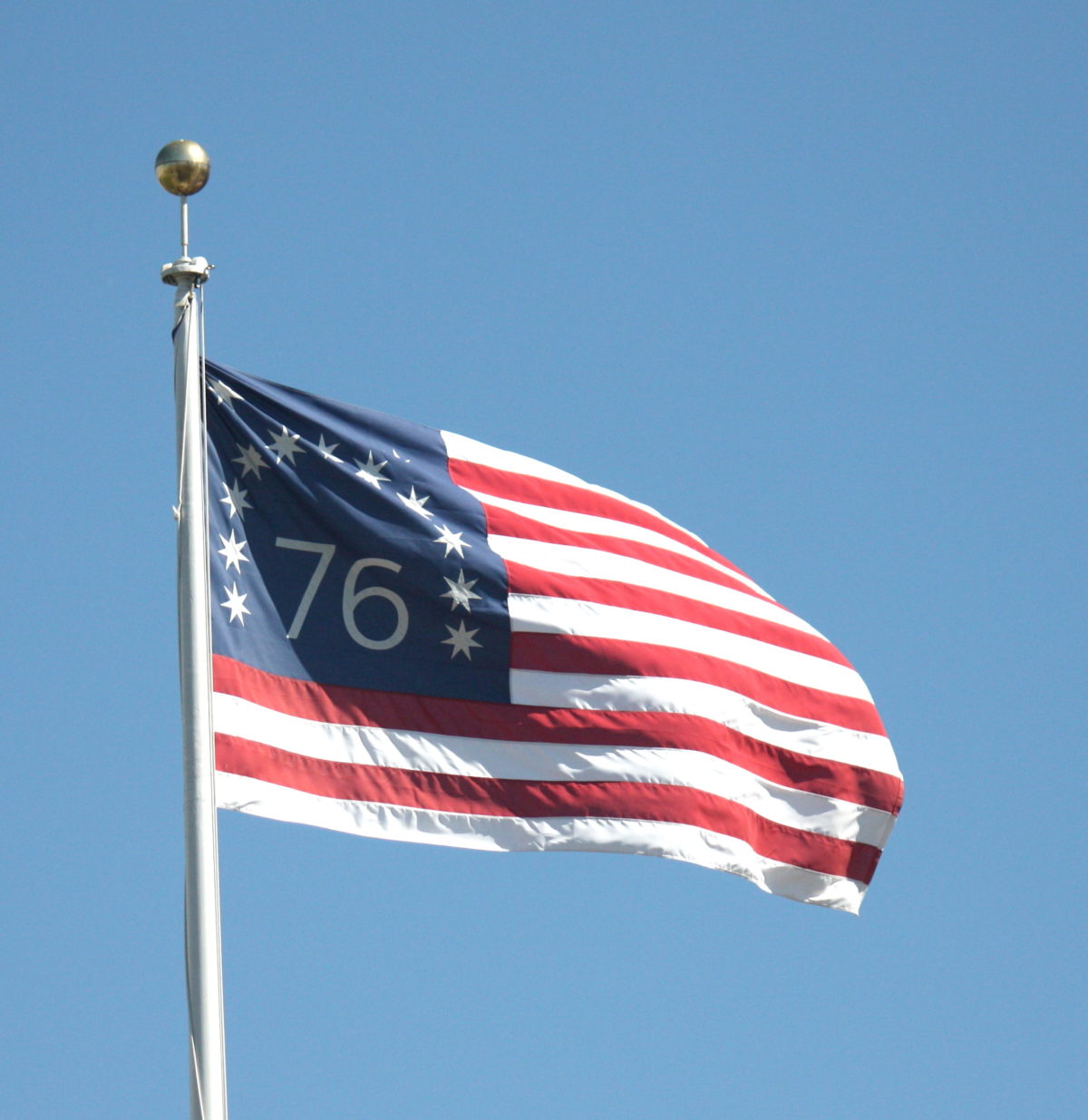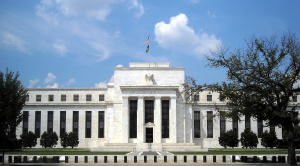submitted by jwithrow.
Journal of a Wayward Philosopher
The Emerging Cultural Shift
January 23, 2015
Hot Springs, VA
The S&P opened at $2,056 today. Gold is still at $1,296 per ounce. Oil is back down to $46 per barrel. Bitcoin is hanging around $233 per BTC, and the 10-year Treasury rate opened at 1.82% today.
Yesterday we examined the cultural shift towards top-down authoritarianism that occurred in America during the 20th century. We also observed a promising new cultural shift beginning to emerge; this time away from politics and towards non-coercion and free markets.
Mind you, the emerging cultural shift is still quiet and small so few people are aware of it at this time. It is also non-uniform in nature which is somewhat foreign to our way of thinking about culture in modern times. We are accustomed to thinking along the lines of hard-coded doctrine that must be accepted, believed, and adhered to. Everyone must agree on the specific bullet points handed down to them: If you are “conservative” then you must agree on these issues; if you are “liberal” then you must agree on these other issues; if you are “green” then you must agree on these issues, and so forth.
The emerging cultural shift does not fit into that top-down paradigm – it is more holographic in nature. The shift is comprised of many different ideas, views, and philosophies that sometimes overlap in certain places and other times overlap in different places. The hologram is held together by one underlying sentiment: non-coercion. The individuals who make up this emerging shift share the understanding that it is neither right nor necessary to force your ideas upon others. The old “Do unto others…” philosophy is making a comeback. With this mindset firmly in place, individuals are free to come together in those places where they overlap and they are free to diverge in those places where they do not overlap.
Everyone wins.
R. Buckminster Fuller once said: “You never change things by fighting the existing reality. To change something, build a new model that makes the existing model obsolete.”
Guess what? The emerging cultural shift renders the current paradigm based on politics obsolete. Politics is nothing but a tool used by one group to force other groups to conform against their will. This is a win-lose model; politically connected groups win and all others lose. Politics is the almighty dragon within a top-down societal model; it is the shunned cockroach within a decentralized holographic model.
To some the holographic model sounds unrealistic. They just can’t fathom a community without a leader or a November without an election. They are like the Israelites in the book of Samuel who asked for a king to rule over them – they just couldn’t envision a better way. And who’s to blame them? For most of recorded human history people have identified with hierarchal institutional structures.
But the highest ‘entity’ in society is not the institution, it is the individual. All humans operate individually; there is no getting around that fact. Humans can choose to cooperate with one another but that is always an individual choice. All individuals are endowed with an indomitable will and they are left with the decision to either use their will or to subvert it. Institutions specialize in convincing individuals to subvert their own will for the benefit of the institution.
The emerging cultural shift is gaining steam for two reasons: ethics and economics.
Most of us are taught some variation of “love your neighbor as yourself” in our youth but we can very clearly see that this ideal is at odds with our authoritarian societal model. Political institutions litter the face of the Earth and they each subject individuals to all manner of taxes, regulations, mandates, restrictions, licenses, tags, identifying documents and they back these edicts with the threat of force and imprisonment. Sometimes these political institutions compete with each other and resort to violence as a resolution. Other times these institutions collude with each other to further enrich the ruling class at the expense of the public. It’s very difficult to expect individuals in society to exhibit a sound code of ethics when political aggression rules the day.
Further, most of us fundamentally understand we must produce before we can consume; there is no such thing as a free lunch as the old cliché goes. We also understand that if we consume less than we produce in the present then we have a surplus. That surplus can either be saved for future consumption, invested to increase future production, or it can be given to a neighbor in need. Each of these surplus scenarios is a win for both the individual and for society.
Our authoritarian society makes it extremely difficult for individuals to create a surplus, however, because it skims roughly 50% of individual production off the top via taxation. We are taxed on all income earned, all investment gains, all real estate owned, all vehicles owned, all gas purchased for those vehicles, all food and goods purchased, and any inheritance received. The political institutions then destroy all of the surplus skimmed from individual production on warfare, welfare, political favors, and unsustainable public works projects. This is why government buildings are always and everywhere the most prestigious buildings in existence – they are built with stolen money! To add insult to injury, the most powerful of our political institutions have not been content with their portion of the skim so they have borrowed massively against the production of future generations to enhance their spree of warfare, welfare, political favors, and public works. Such economic activity destroys capital and creates a net deficit which is a tremendous loss for both individuals and for society.
Free, innovative, entrepreneurial commerce creates an economic surplus while political intervention, aggression, and redistribution creates an economic deficit. Surpluses enrich while deficits impoverish. Factor in the ethical implications and the choice is clear, is it not?
More to come,

Joe Withrow
Wayward Philosopher
For more of Joe’s thoughts on the “Great Reset” and the paradigm shift underway please read “The Individual is Rising” which is available at http://www.theindividualisrising.com/. The book is also available on Amazon in both paperback and Kindle editions.





